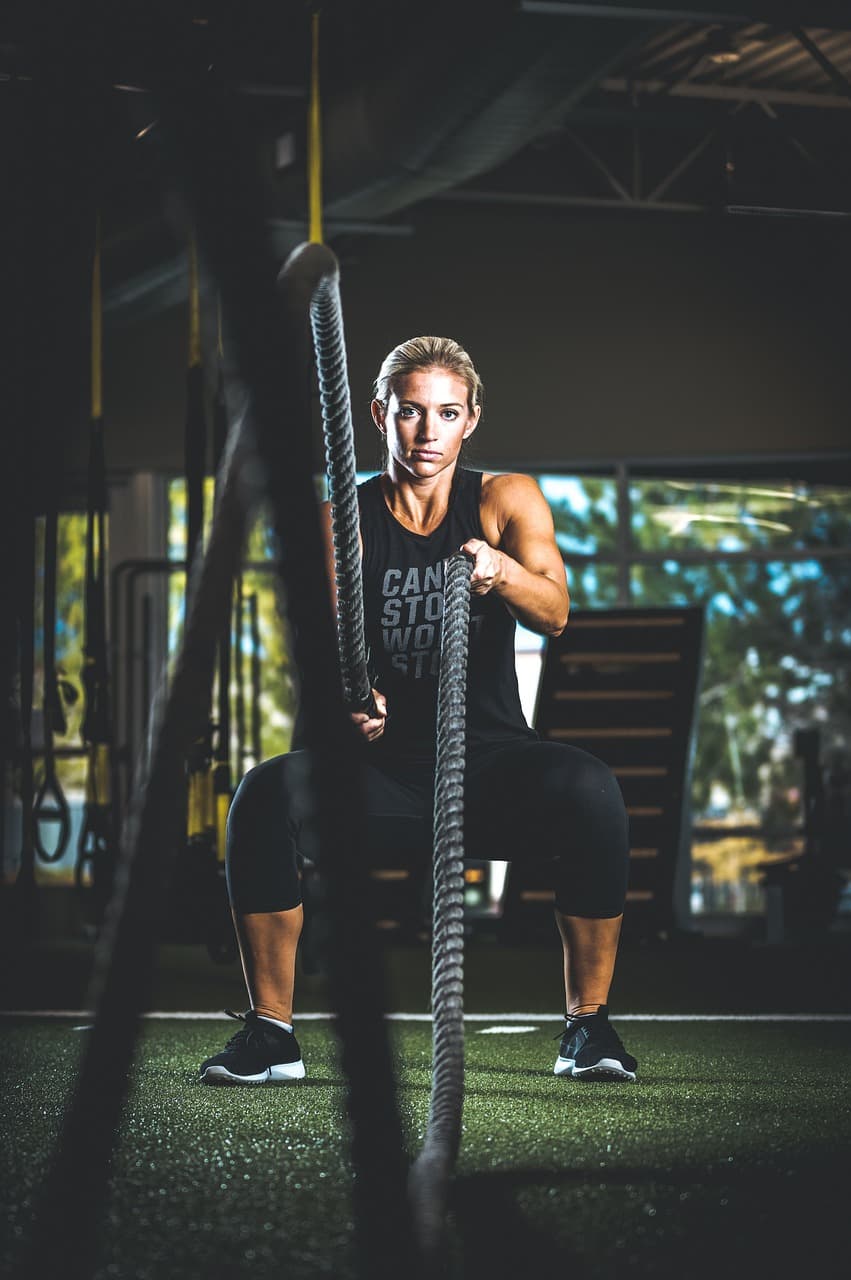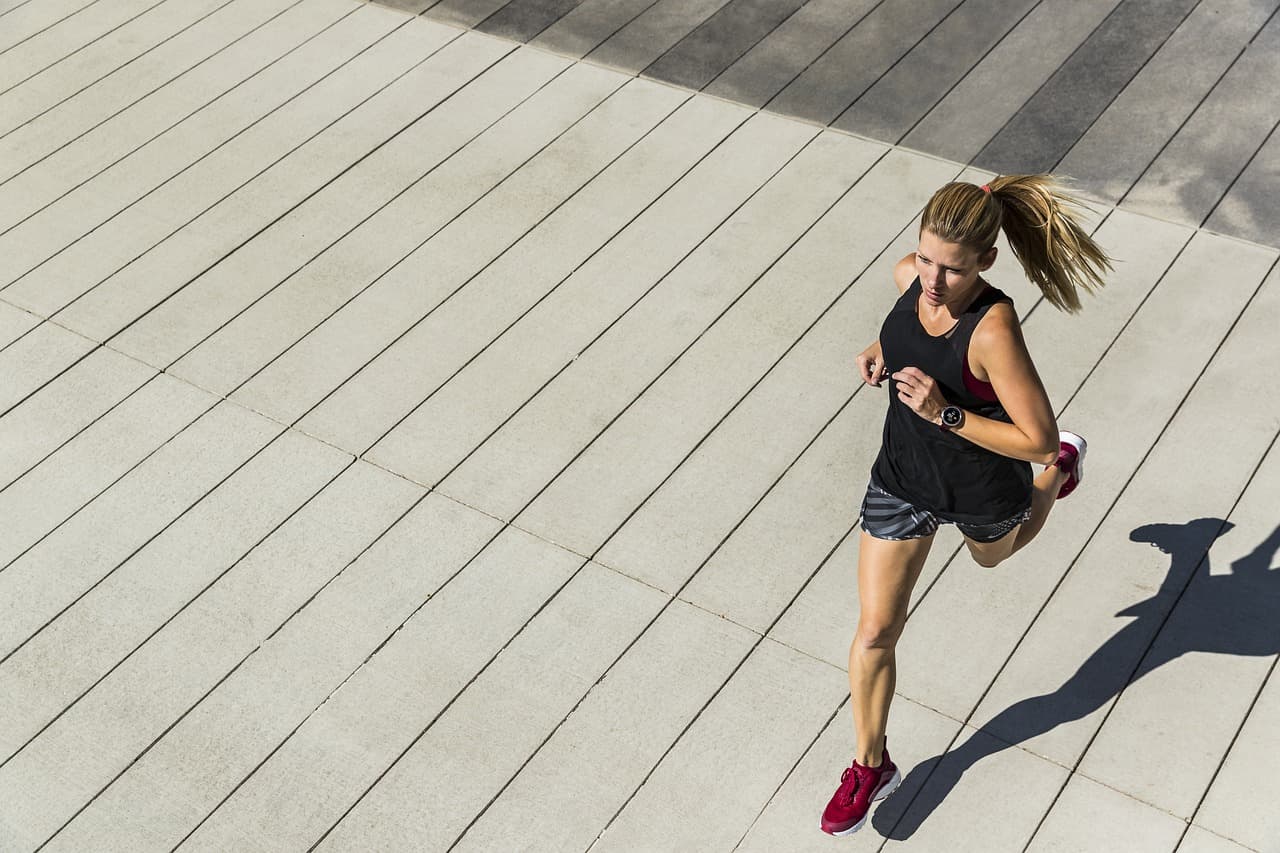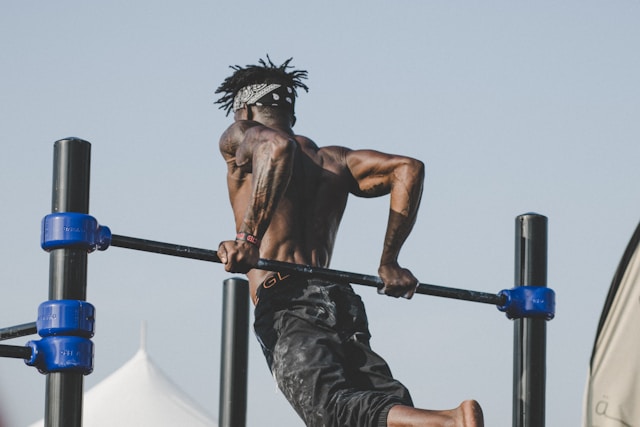Seeing a child’s success in a sports club, parents dream of a career as a professional athlete. But the price of a medal, a title or an Olympic podium is very high: disability, injuries and health problems in the future.
How to decide whether to give your child to professional sports, because this decision will change his or her whole life.
What are the dangers of professional sports?
Parents have a good goal – to improve their child’s endurance, strengthen their child’s health and form the will to win. But it is worth distinguishing amateur from professional sports: the latter put an enormous strain on a child’s body.
Psychological load
Children at such a young age obey the coach, are not afraid to perform dangerous exercises and agree to risky elements. A continuous marathon of many hours of grueling training, with a strict schedule and discipline: there is no relaxing and no playful exercise. Added to the fears and worries, which are amplified in the competition period.
A child’s nervous system is vulnerable, and lessons in harsh conditions can cause psychological trauma. One of the problems is obsession, when students follow a single goal: to achieve results through tears, blood and sweat. The time and effort spent affects school and university education and narrows the range of interests.
Physical exertion.
Limb fractures, sprains, ruptured tendons become commonplace. Serious injuries are a reason for many athletes to end their careers early, and those who struggle to compete resort to emergency medical measures. Female athletes experience problems with puberty and hormonal failures.
The Pros of Professional Sports
Prospects for athletes are great: advertising contracts, success and large fees for winning competitions. They gain fans and the love of an audience of millions, and their achievements are followed by the whole world. For their country, they become the pride of the nation!
In today’s reality, even after their career is over, athletes can change roles and take up coaching – they will be welcome in any role.
The training regimen affects kids differently: those who make it to the end become disciplined, with a persistent desire to win, the ability not to give up in the face of adversity and still lose with dignity. Trained skill to be the first remains for life.
To keep your child as safe as possible from negative consequences, adhere to the following recommendations:
- be guided by the optimum age – at 7-10 years of age you can take part in most sections, in gymnastics it is better to sign up at least from 5 years, and for teenagers fit power activities, such as bodybuilding and weightlifting;
- assess your own ambitions – behind the desire to give your child should not hide unrealized sports dreams;
- Support your young athlete – this is an additional motivation not to give up and overcome yourself;
- consider your child’s wishes – a persistent desire not to go to grueling training sessions will be a reason to listen.



